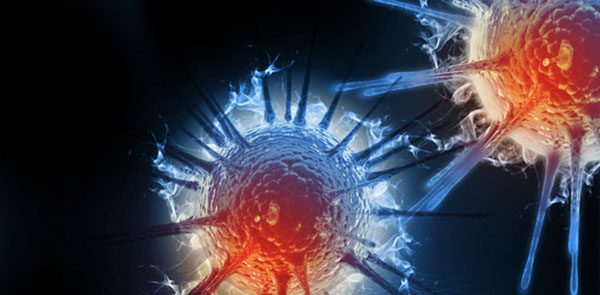
The human papillomavirus (HPV) vaccination was previously implicated through anecdotal evidence and small series cases as a possible triggering cause of ME/CFS. However, a recent study titled “HPV vaccination and risk of chronic fatigue syndrome/myalgic encephalomyelitis: A nationwide register-based study from Norway” effectively weakens the assertion of a causal link between the development of ME/CFS following HPV vaccinations.
The study by Feiring et al. drew three major conclusions. First, that the quadrivalent HPV vaccine (protects against four strains of the virus) was not found to have an association with increased risk of ME/CFS. Second, that a patient’s medical history was tied to risk of ME/CFS. Specifically, they assessed various medical history factors, such as number of hospital contacts or certain classes of diagnoses (e.g. diseases of the circulatory system), and found evidence of a relationship. Finally, that medical history was also associated with lower uptake of the HPV vaccine.
The authors did note an increasing trend in number of ME/CFS cases in Norway during the study period (2009-2014). They underscore that this increase is not likely a result of the introduction of the HPV vaccine. They believe this uptick could be attributed to other factors, such as an increasing awareness of ME/CFS.
The researchers analyzed individual data systematically linked in the Norwegian Population Registry, the Norwegian Patient Registry, and the Norwegian Immunization Registry. The study also included a large population size of complete birth cohorts over the first six years quadrivalent HPV vaccine (protects against four strains of the virus) was offered through a national program to girls in the seventh grade.
These findings are demonstrative of a broader context related to vaccines. There are a range of chronic conditions that are naturally prevalent in the population that could potentially be reported as adverse events following an immunization whether a causal association exists or not. Studies investigating possible links to side effects are imperative for public safety because unsubstantiated safety concerns can damage confidence in a vaccine. These findings also echo results from a 2013 study of the bivalent HPV vaccine (protects against two strains of the virus) out of the United Kingdom. The combined evidence bolsters the current scientific understanding of HPV vaccine safety and the findings provide further evidence for ME/CFS researchers to weigh in their search for a triggering event of ME/CFS.
Feiring, B., et al. (2017). HPV vaccination and risk of chronic fatigue syndrome/myalgic encephalomyelitis: A nationwide register-based study from Norway. Vaccine, 35 (33), 4203-4212. Retrieved from http://www.sciencedirect.com/science/article/pii/S0264410X17308083
Donegan, K., et al. (2013). Bivalent human papillomavirus vaccine and the risk of fatigue syndrome in girls in the UK. Vaccine, 31 (43), 4961-4967. Retrieved from http://www.sciencedirect.com/science/article/pii/S0264410X13011158

